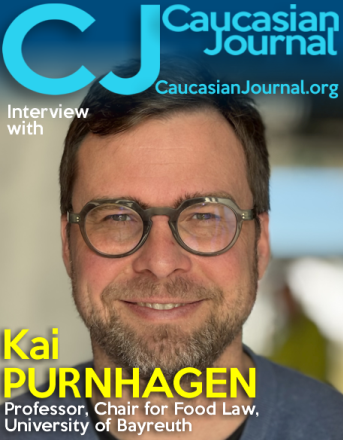The European Union maintains some of the world’s highest standards for food safety, operating under the overarching principle of "from farm to fork." This means every step of the food chain, from how livestock is raised and crops are treated to how the product is processed, packaged, and sold, is subject to strict regulation. This system is managed primarily by the European Food Safety Authority (EFSA), which provides independent scientific advice to policymakers, ensuring that all decisions are based on the latest scientific data. The primary goal is to protect consumer health by minimizing risks related to contaminants, pests, and foodborne diseases.
One of the most powerful tools in this framework is full traceability. Under the EU's General Food Law, every business operating in the food chain must be able to identify both the supplier and the recipient of their products. This rigorous documentation ensures that if a food safety incident occurs (like a product recall or contamination outbreak), authorities can swiftly trace the source, remove the affected food from shelves across all member states quickly, and prevent illness. This framework also imposes mandatory, detailed labeling rules on producers, which clearly identify ingredients, nutritional information, and—crucially—all potential allergens for the consumer.
In addition to safety, the EU actively protects the heritage and authenticity of its culinary landscape through three dedicated quality schemes. These schemes—Protected Designation of Origin (PDO), Protected Geographical Indication (PGI), and Traditional Speciality Guaranteed (TSG)—link a product's unique quality directly to its region or traditional method of production. By granting legal protection to names like Prosciutto di Parma or Champagne, the EU not only guarantees consumers they are purchasing an authentic product but also protects producers from cheap imitations. This policy is fundamental to supporting rural economies, rewarding traditional skills, and preserving the vast cultural diversity within Europe’s agricultural sector.
More:




No comments:
Post a Comment